On the afternoon of December 27, at the Ministry of Education and Training, a Professional Consultation workshop on the development of the Law on Teachers took place.
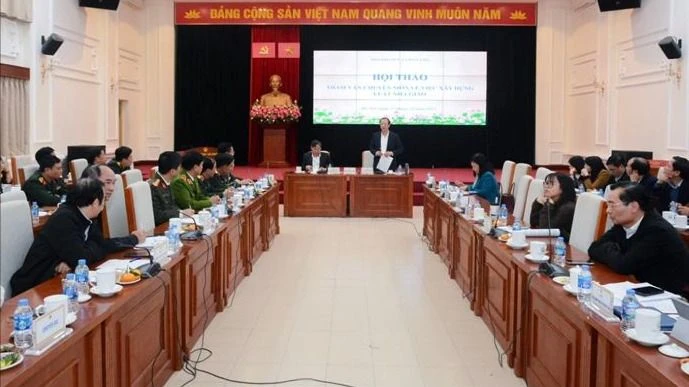
Speaking at the workshop, Deputy Minister of Education and Training Pham Ngoc Thuong emphasized that teachers are the decisive factor in the quality of education and training, the human resources of human resources; only with good teachers and goodeducational managers can we have good students and build good educational institutions. Over the past years, the Party and the State have paid great attention to building a team of teachers and educational managers to meet the requirements of each revolutionary period.
Currently, according to statistics, there are nearly 200 legal documents related to teachers, but there is no specialized law on teachers. Given the importance and necessity of the Law on Teachers, the Ministry of Education and Training has proposed and advised the Government to report to the National Assembly Standing Committee and the National Assembly to allow research and development of the Law on Teachers, thereby having a fundamental law with sufficient legal basis to develop the teaching staff, meeting the requirements of tasks in the new situation.
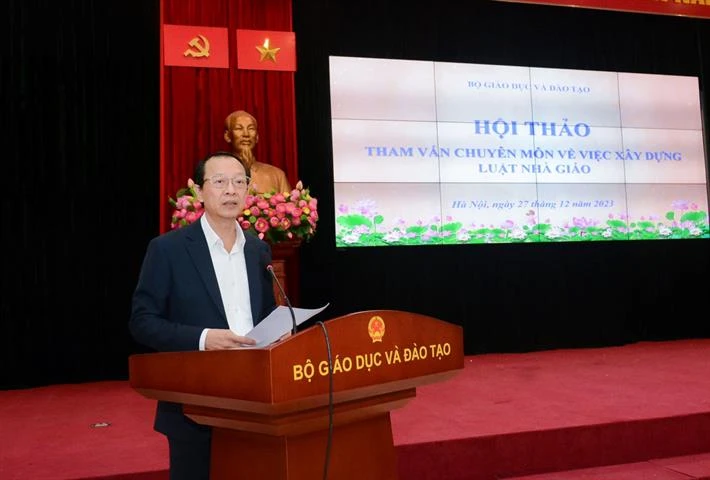
To develop the Law on Teachers, the Ministry of Education and Training must consult with many subjects, widely, with close coordination between educational institutions, managers from the central to local levels, experts, scientists and especially the teaching staff, especially teachers in educational institutions under state agencies, political organizations, socio-political organizations, and the people's armed forces.
Mr. Vu Minh Duc, Director of the Department of Teachers and Educational Managers (Ministry of Education and Training), said that the proposed framework of the Law on Teachers with 8 chapters and 67 articles stipulates the scope of regulation, applicable subjects, etc. Proposed policies include teacher identification; teacher standards and titles; recruitment, use and working regime of teachers; training, fostering and honoring teachers; state management of teachers.
Previously, the Standing Committee of the Law Committee, the Culture and Education Committee and relevant agencies, in the process of examining the dossier proposing the drafting of the Law on Teachers, suggested considering teachers in educational institutions under state agencies, political organizations, socio-political organizations, and the people's armed forces. Because if adjusted in this direction, the concept of teachers will be broader, with differences in standards and policies compared to teachers in the national education system. The committees suggested that the Government continue to research and review to have appropriate regulations on this subject if adjusted in the law.
Therefore, regarding the scope of regulation and subjects of application of the Law on Teachers, the Ministry of Education and Training proposes two options: Option 1, the law only regulates teachers in educational institutions within the national education system; Option 2, the law regulates teachers in educational institutions within the national education system; teachers in educational institutions under state agencies, political organizations, socio-political organizations, and the people's armed forces.
At the workshop, delegates agreed and highly agreed with option 2 proposed by the Ministry of Education and Training. Delegates also focused on discussing the following contents: Scope of regulation, subjects of application of the Law on Teachers, especially the characteristics and shortcomings that still exist for teachers in educational institutions under state agencies, political organizations, socio-political organizations, and the people's armed forces, as well as proposing policies for this group of teachers.
The Ministry of Education and Training said that the drafting committee will synthesize views and opinions to revise and complete, along with continuing to record contributions from relevant parties, with the goal of soon completing the law that is expected by more than 1.6 million teachers nationwide.
PHAN THAO
Source







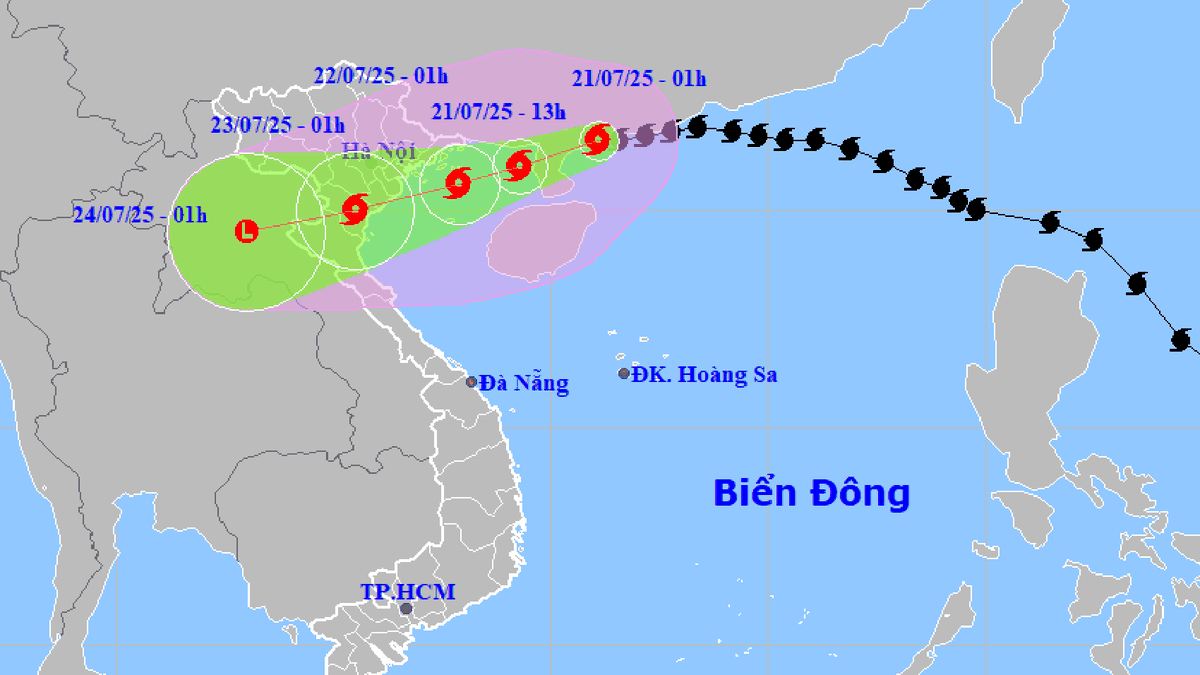
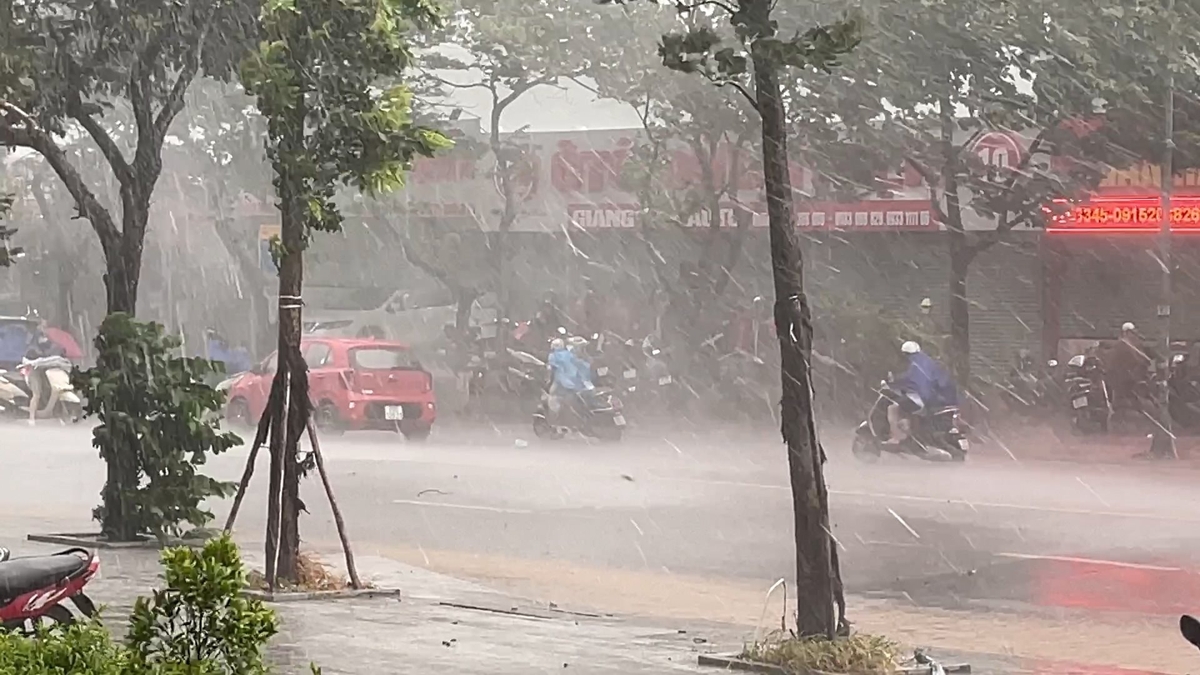

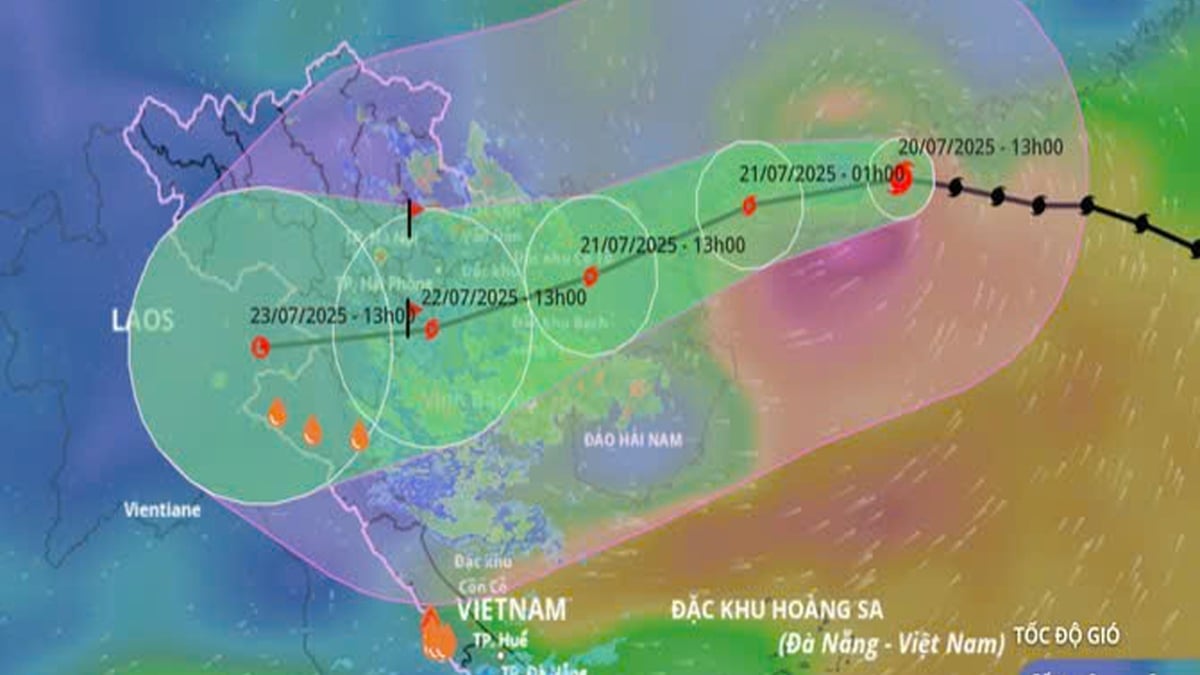












![[Photo] National Assembly Chairman Tran Thanh Man visits Vietnamese Heroic Mother Ta Thi Tran](https://vphoto.vietnam.vn/thumb/1200x675/vietnam/resource/IMAGE/2025/7/20/765c0bd057dd44ad83ab89fe0255b783)








































































Comment (0)